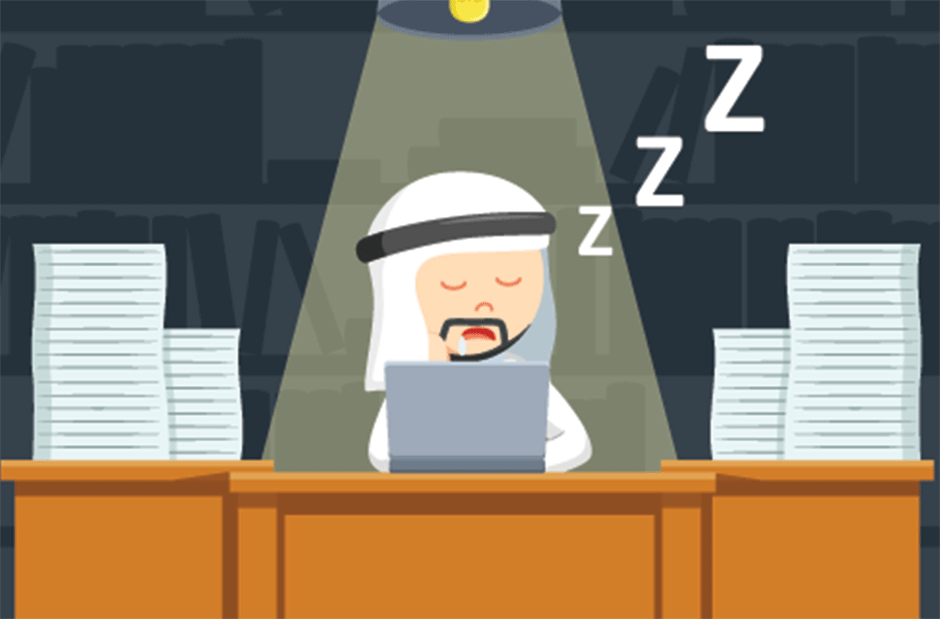
For Sukaina Mahmood, 38, a British mother of two, there is no time for sleep in Ramadan. “During this month, I tend to sleep for two hours after sunrise and wake up to send the children off to school,” she says. “I spend the first couple of hours of the morning tidying up after a creative nine-year-old and an active toddler, vacuuming glitter explosions and clearing up obstacle courses on the floor! I then tend to take a two-hour morning nap until about 11.30am. I wake up wishing I could sleep more!”
Some people try to do too much in Ramadan. They spend their days at work or taking care of their children and nights engaged in social activities or at the mosque. Amid all of this, many forget to sleep.
Sleep deprivation causes a lack of function, performance, cognition and impaired memory, says Dr Emad Kowatli, a pulmonologist and an American Board-certified sleep disorder specialist at American Hospital Dubai.
A lack of sleep additionally affects hormones in your body, which control appetite, says Dr Irshaad Ebrahim, Sleep Physician at the London Sleep Centre. “When sleep-deprived, your appetite increases to make fasting even more difficult,”he explains.
To function optimally, Dr Kowatli recommends six to eight hours of sleep, depending on an individual’s personal requirements.
Dr Kowatli says, however, during Ramadan people “stay up all night, try to sleep late after fajr prayers, then they have to go to work”, which is against the advice of doctors.
If people don’t get the required amount of sleep, Dr Kowatli recommends two solutions. The first is to take a short nap during the daytime. Ideally, the nap should be before 4pm and less than 45 minutes long to prevent it from interfering with a person’s night sleep. Sleeping for too long in the afternoons will, in turn, affect a person’s night sleep and will “create a bad cycle”.
The second solution, says Dr Kowatli, is for people to sleep longer hours during the weekends when they are off duty. “For instance,”he explains, “if your sleep deprivation during the week was about 20 hours, you don’t need to sleep 20 hours to compensate. You may sleep a little bit [more than usual] during the weekends, maybe half or even less than half of [the 20 hours], and the body will compensate very well.”
Dr Kowatli cautions people who drive while they are tired. “Sleep-deprived people drive like someone who is drunk,”he says. For this reason, truck drivers in America who spend long hours on the road have now been given a one-week-on-one-week-offschedule.
To optimise performance during the day, Dr Kowatli recommends creating a sleep routine as this promotes good sleep hygiene,a term referring to habits that allow individuals to sleep well on a regular basis.










